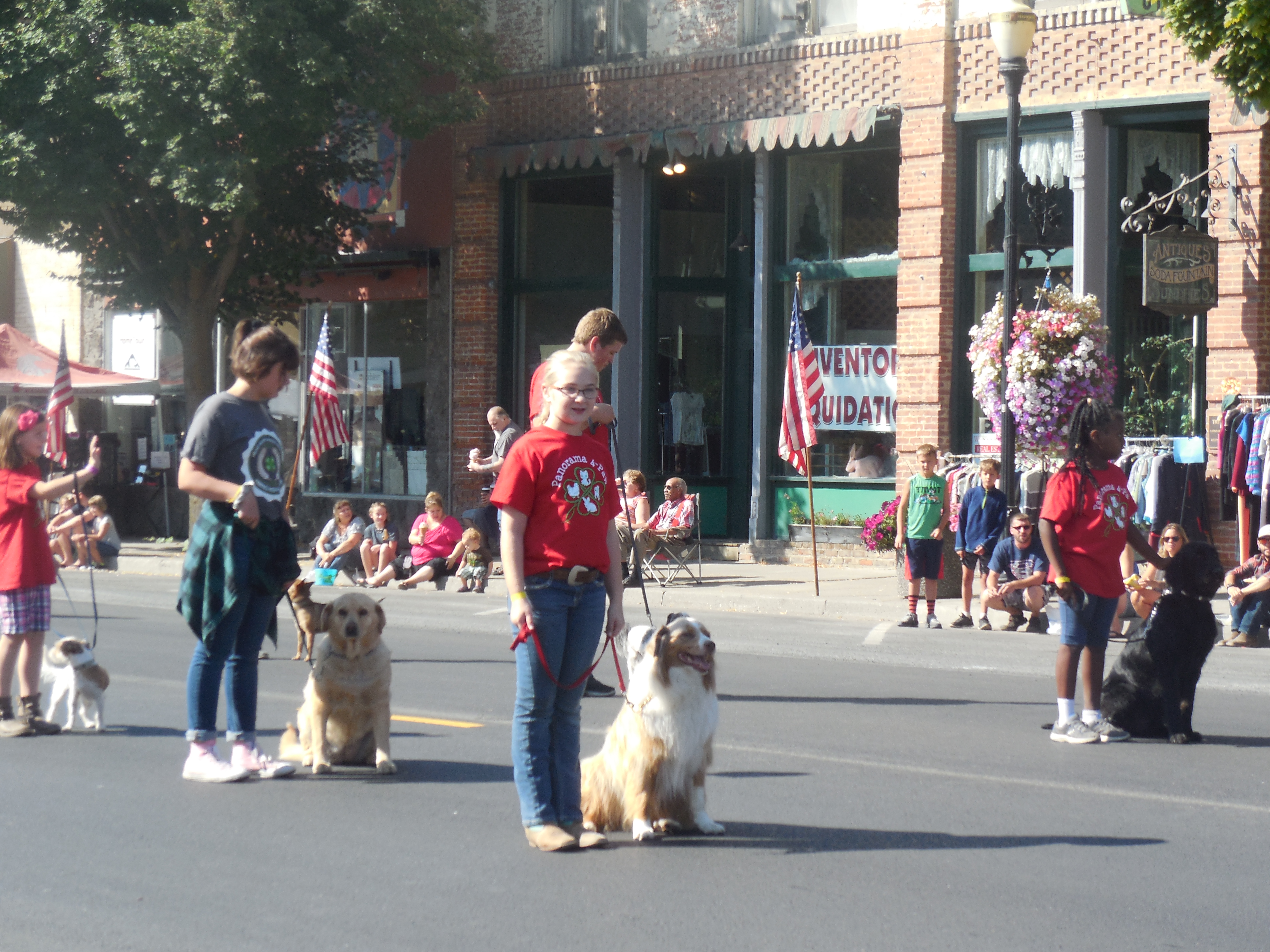What is 4-H?
4-H members “learn by doing.” Through hands-on learning experiences, youth members, with guidance from adult volunteers, and learn useful skills they can use throughout their lifetime.
How can I join 4-H?
The 4-H year begins October 1st. Any youth 5 years of age through 19 years of age (as of October 1st of current 4-H year) may participate in the 4-H Program. Parents should contact the 4-H office as early in the 4-H year as possible to be placed in contact with a club in your vicinity.
Do I have to have animals or live on a farm?
Absolutely not! 4-H Clubs can explore any subject area or project that interests them! Project areas include but are not limited to: Expressive Arts, Family Living, Mechanical Sciences, Environmental Stewardship, Plant Sciences, Social Sciences, Animal Sciences, and Self-Determined projects. Members choose projects that fit into their family, community, and the way they live. A project is what the member decides to learn about, make, or raise. Sharing projects with parents brings 4-H into the family and the family into 4-H.
What other youth activities does 4-H provide?
4-H Members also participate in many of the following activities to enrich their 4-H experience:
- Public Presentations: 4-H members show and tell others how to do something they have learned. Members learn public speaking and communication skills while helping others.
- Record Keeping: 4-H members keep a written record of what they have done during the 4-H year. Keeping records helps members evaluate their learning and develop a business sense.
- Recreation: 4-H’ers learn to enjoy life, themselves, and their association with others in social activities.
- Community Service Projects: The entire club can plan a project. In community service projects, 4-H’ers do things to improve their community.
- County Contests and Fairs: 4-H members can choose to take part in judged contests. Through the judging process members learn how to “make the best better,” or in other words, how to improve their projects. Contests and fairs also give members a sense of pride and accomplishment. 4-H’ers receive ribbons and prizes for their efforts. The Northeast Washington Fair is our showcase event of the year.
4-H Camp and Conferences: Many 4-H members choose to attend 4-H camps and conferences. A variety of day camps and overnight experiences are available to choose from, for both younger members and teens. Partial scholarships are often available.
Who Helps 4-H Members?
4-H members are taught by adult volunteer club leaders. Every club has one or more adult leaders. Leaders teach, organize and oversee the club, help club officers conduct business meetings, and keep parents updated about 4-H activities and deadlines. There are a variety of leadership roles:
- General Leader – club organizer
- Project Leader – works with members on their projects
- Activity Leader – responsible for one or more activities. Examples are: recreation, record keeping, public presentations, and community service.
How do I become a Volunteer Leader?
Adults interested in becoming volunteer leaders may contact the 4-H office to complete the application and screening process.
How can I help without volunteering?
Donations keep the 4-H program running at the club, county, state, and national levels. Local donations can be made online or you can contact us for more donation options.
How do I get started with 4-H?
Call or visit our office. We would be more than happy to get you started!
If you have any more questions, please contact the WSU Stevens County Extension Office or visit the Washington State 4-H website.


